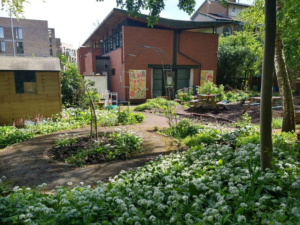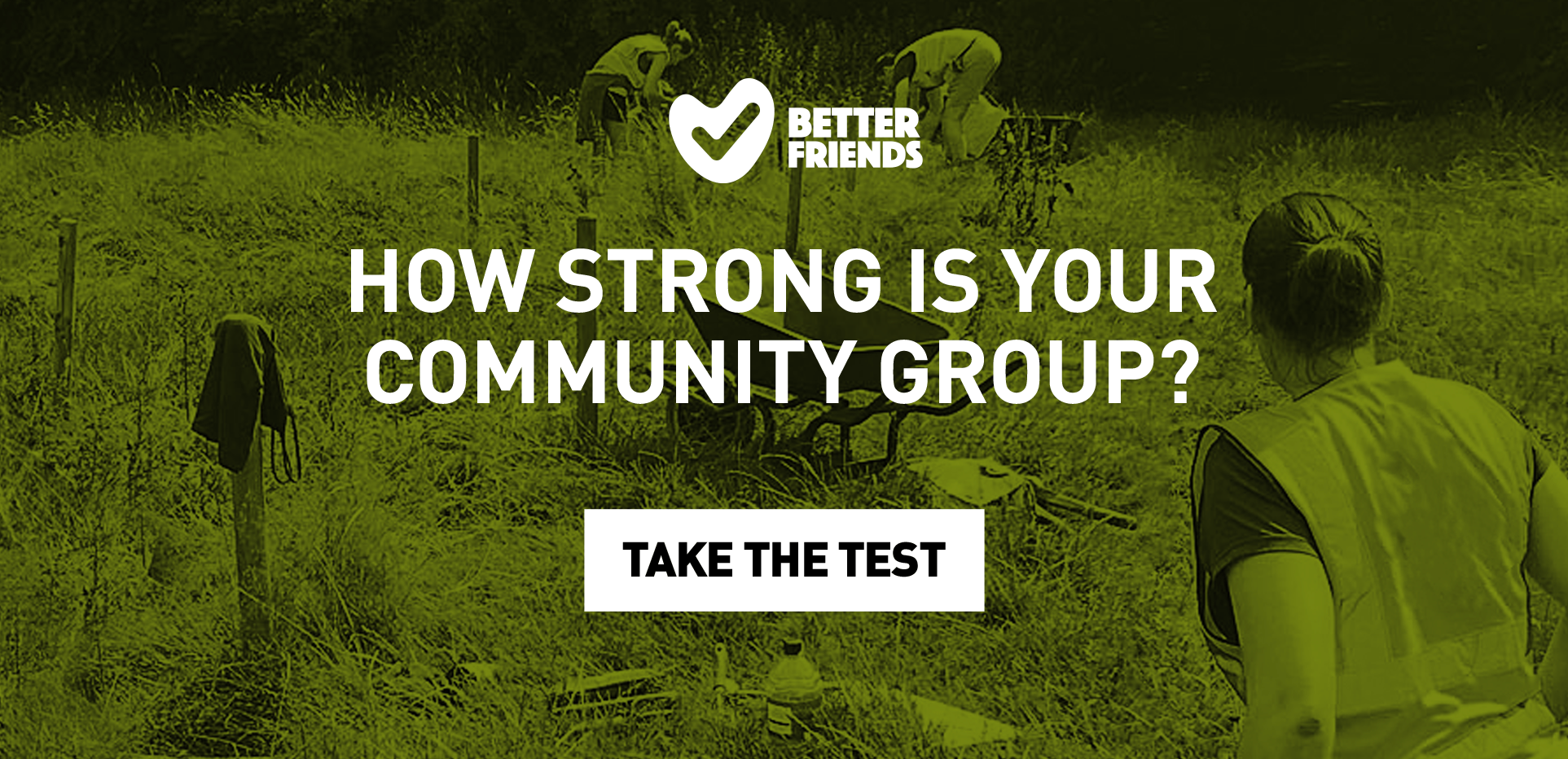This overview and reference is aimed at helping Friends Groups, it is not formal insurance advice.
Insurance is an important element for any group whether it is to cover an event a group is organising or to cover volunteering work or to cover a building or land the community has taken on.
Insurance has two main aims – to protect yourselves – the group or person(s) doing the work and this includes a volunteer workforce and to protect the public – public liability.
Insurance need not be expensive or complex. The starting point, just like your home or car insurance, is to think about what are the things that need protecting and the things that could go wrong and what measures are needed to control them – this is your risk assessment.
When we add ‘people’ to insurance this can be the workforce (including volunteers) or the public and special arrangements are in place for safeguarding children (under the age of 18) and vulnerable adults as defined by the Mental Health Act. Lone working is another key area for consideration.
Public liability insurance covers the group or organisers of the event or project in case they are held to blame or sued for injury to a person or for loss or damage to property. You can buy different levels of cover, from £1m up to £10m or even higher. Don’t worry – this seems a lot, but costs are relatively low. How much you need varies according to the type of event or project you are planning and how many people will attend.
Vicarious liability applies when one person can be held responsible for the actions of another when engaged in an activity collectively. The most important rule here is to be clear at the outset who it is that is responsible for what within the group and record this.
Guidance
There are a wide range of web resources to help. The following are the best so far:-
http://www.mycommunitystarter.co.uk is sponsored by three insurance companies including Zurich who offer annual cover for community groups from £75 per year.
Although not an easy read being ‘rule book’ heavy written for prospective trustees, the Charity Commission detailed guidance to protecting your charity/ charities and insurance cc49 is very thorough.
For events: This link is the government ‘can-do’ guide for organisers of voluntary and community events.
For volunteering: TCV community group insurance is a common insurance used by many community organisations and friends of Groups; it is underwritten by Zurich but TCV (formerly BTCV) act as brokers for you and help you through the process.
Local Authority Insurance
Search for your council’s volunteering policy and its event application pack to see what guidance on insurance is offered.
Many councils offer insurance but they will have conditions, for example certain machinery may not be permitted or the group representatives will have had to have had training to be insured. Check first with your council to see if does.
Seeking insurance cover from your local council
Convincing your council or the landowner to provide insurance for volunteers can be a ‘win-win’. As they are seeking to transfer and share management with groups they should expect groups to incur as little cost as possible. The following advice is from Mary Bagley who used to work for Wirral.
Mary explains the benefits of councils providing insurance:-
- Volunteers have no extra costs.
- Volunteers need not be concerned about liabilities and have expert help.
- Volunteers have appropriate induction, training and development.
- Partnership working and feelings of being valued are enhanced
- More is achieved.
Mary recommends that when seeking insurance from their local council that groups:-
- Work with the officers who arrange the Council’s insurance and the legal department.
- Show any constitution documents.
- Create a working protocol with volunteers and friends of parks group.
- Do a trial project to show how it can work with little risk to the Council.
Key requirements for council insurance:
Risk assessments: Ensure elimination of risk or risk mitigation measures are in place. Check
- Weather and ground conditions.
- Protocol for project or events.
- Considerations for different people.
- Training.
- What if scenarios
Ensure the service knows, assesses and agrees the activity, location, dates and times. Activities could be:-
- Health walks
- Snow wardens
- Helping with consultation
- Conservation work
- Events, etc.
- Agree with them
Agree with them
- Induction, training and appropriate supervision is in place, including criminal record checks etc.
- The key personal contact details.
- A written agreement whether for a one off event or for a regular activity, e.g. annual sponsored walk or monthly litter pick.
Record and report
- Responsibilities and personnel
- Frequency of checks and/ or supervision levels
- Number of hours per volunteer.
- Work being done
- Cost implications
- Training completed
- Lessons learned for next time.

Reproduced with permission of North West Parks Friends Forum







